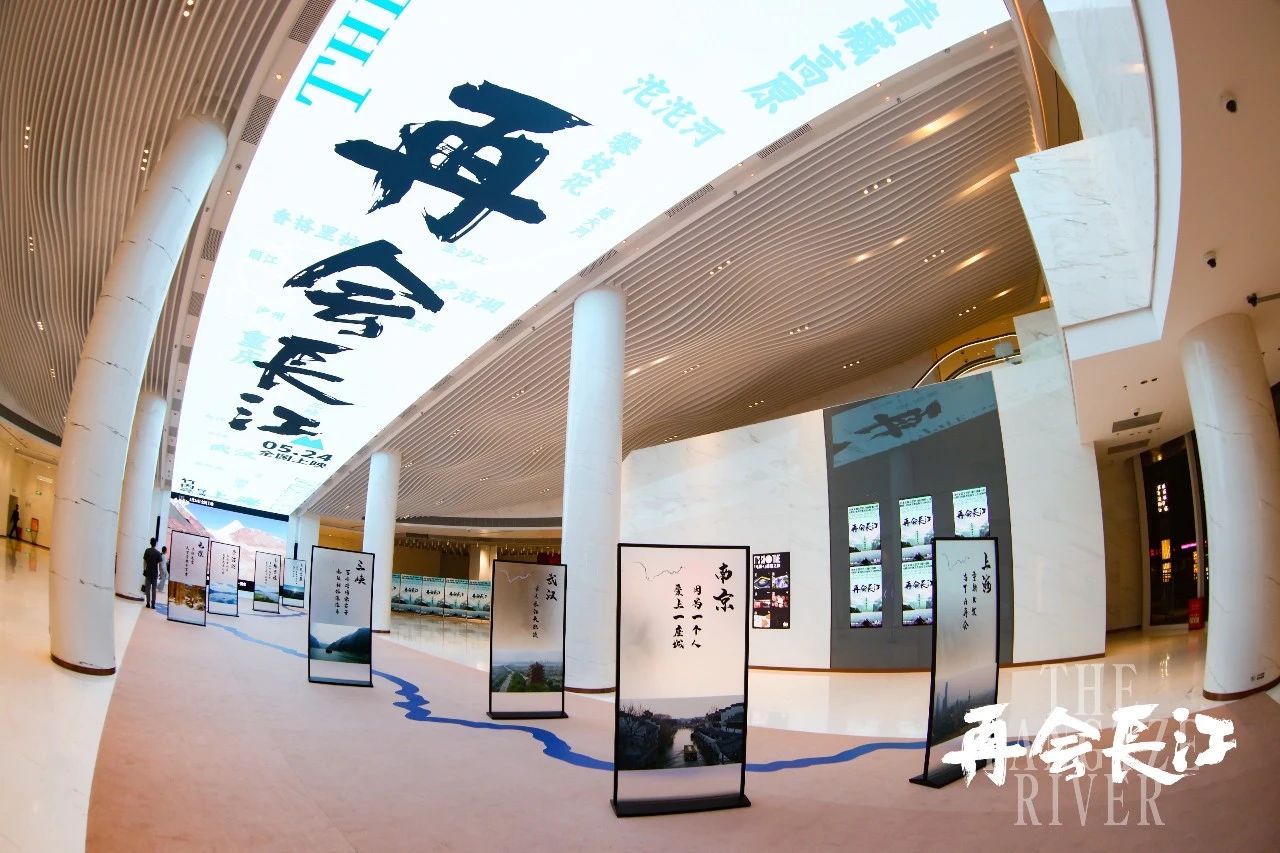Panorama
The Yangtze River, a Documentary Screened at 14th BJIFF, to Hit Cinemas Tomorrow, Displaying Beauty of Yangtze River in a Decade
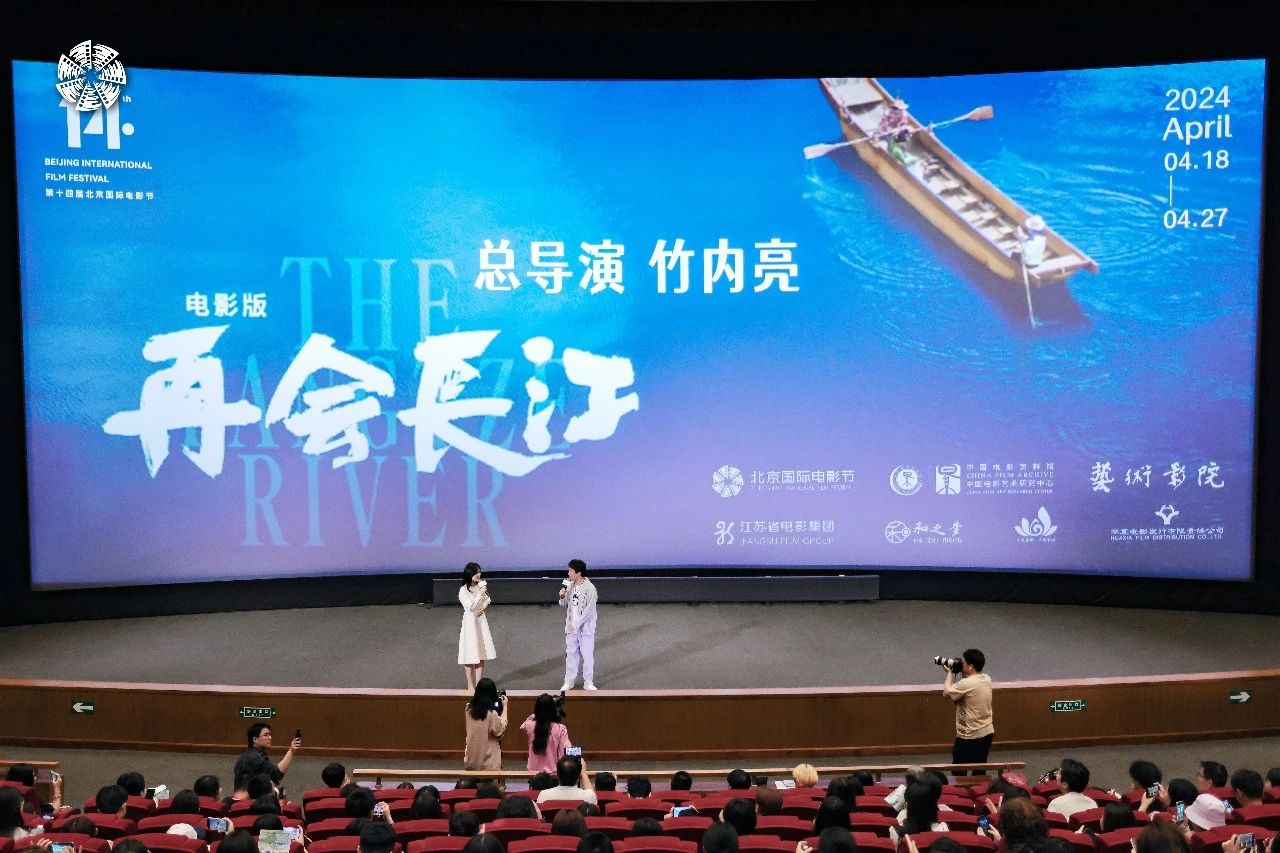
Screening site
The Yangtze River, a documentary screened at the Reality Rocks section of the 14th BJIFF Beijing Film Panorama, was officially announced to be released nationwide on May 24. The film takes the Yangtze River as a clue, starting from Shanghai and going upstream, spanning 6,300 kilometers, and shows the rapid development of Chinese society in the past decade in a panoramic way by telling about the changes of lives of people along the Yangtze River before and after a decade. During the meet-and-greet of the BJIFF, the audience said they were moved by the film. They noted that this is not only a documentary recording the changes along the Yangtze River, but also an inspirational film showing the Chinese people's struggle spirit and pursuit of a better life.
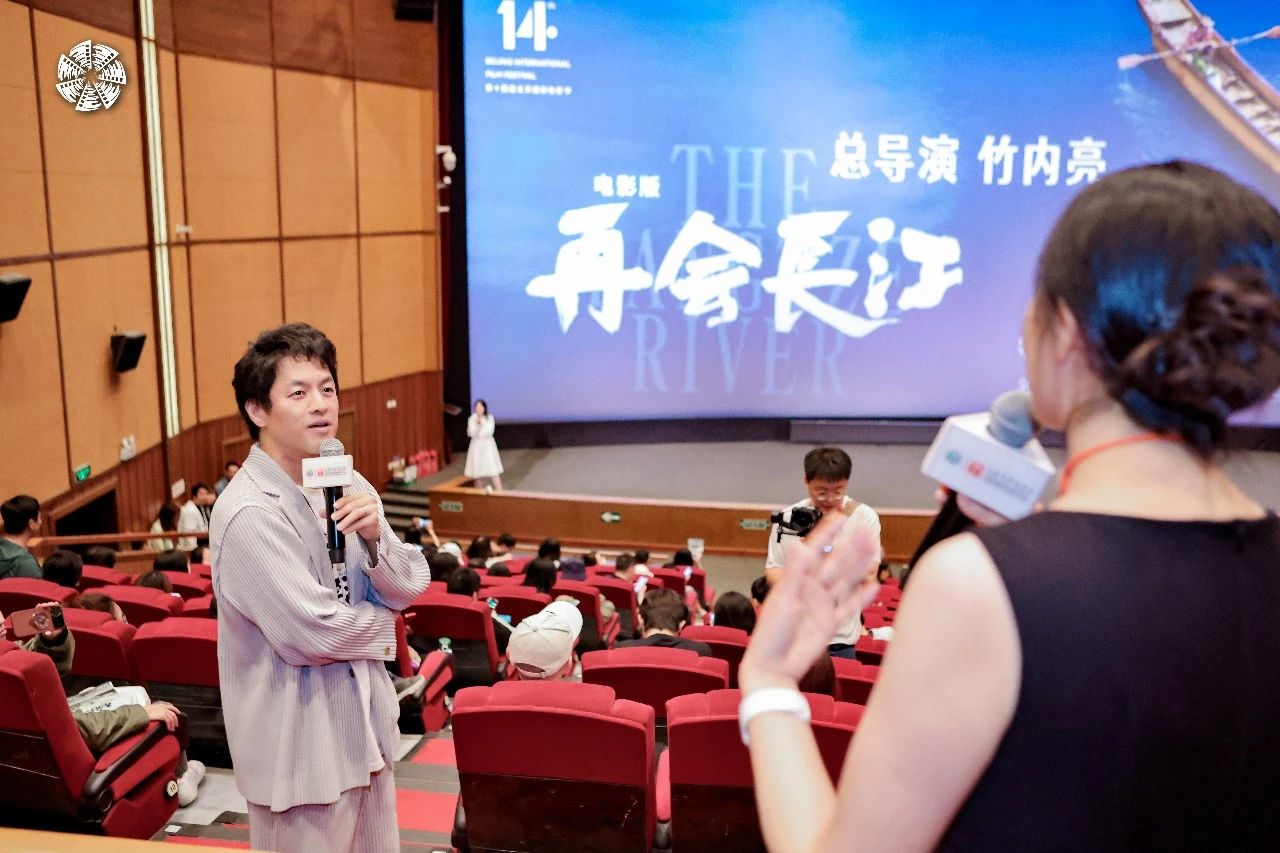
Takeuchi Ryo at meet-and-greet
Director Takeuchi Ryo attended the meet-and-greet of the BJIFF, exchanging with the moderator and audiences. The film records a journey along the Yangtze River in a decade that spans 6,300 kilometers. For the director, the meet-and-greet is also a meeting with old friends of the BJIFF. The audience welcomed Takeuchi Ryo with warm applause, while a viewer even handed over a “love letter” to the director on behalf of her family member.
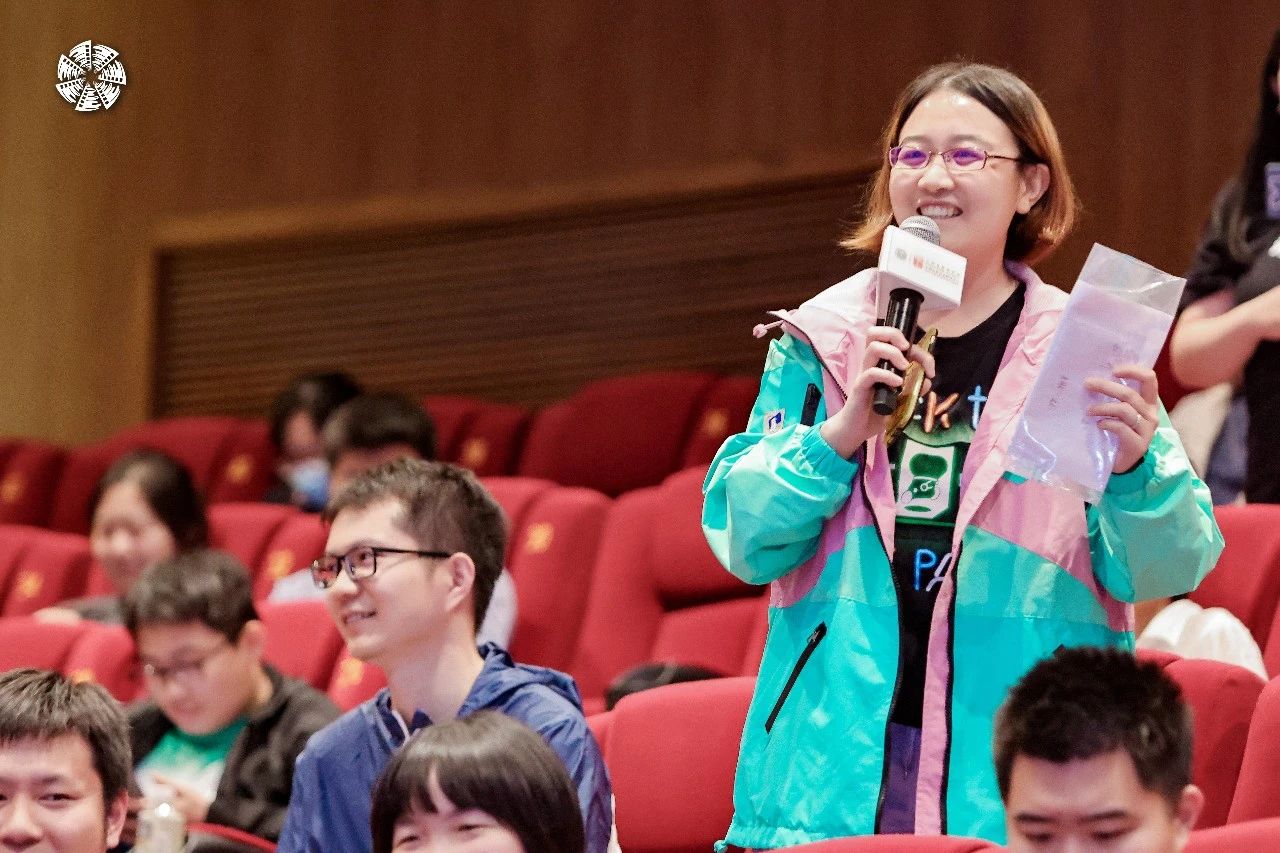
Q&A session
The screening of The Yangtze River at the BJIFF not only brought a visual and spiritual feast to the audience, but also built a bridge of cultural exchanges between China and foreign countries. The film topped the list of literary films after its release in Japan, and attracted Japanese people to walk into cinemas with warm images across the language and cultural differences, allowing them to know a more modern and real China. This has not only promoted cultural exchanges between China and Japan, but also deepened the mutual understanding and friendship between people of the two countries. The director found that Japanese and Chinese in Japan were touched and amused by the same plots when viewing the film, reflecting the affinity of cultures and universality of human emotions. Japanese netizens commented, “This is really a documentary that can make people understand the vastness of China.” “The view of the source of the Yangtze River is amazing and well worth seeing.” “The film not only shows the beauty of China, but also tells about how people exchange with other.”
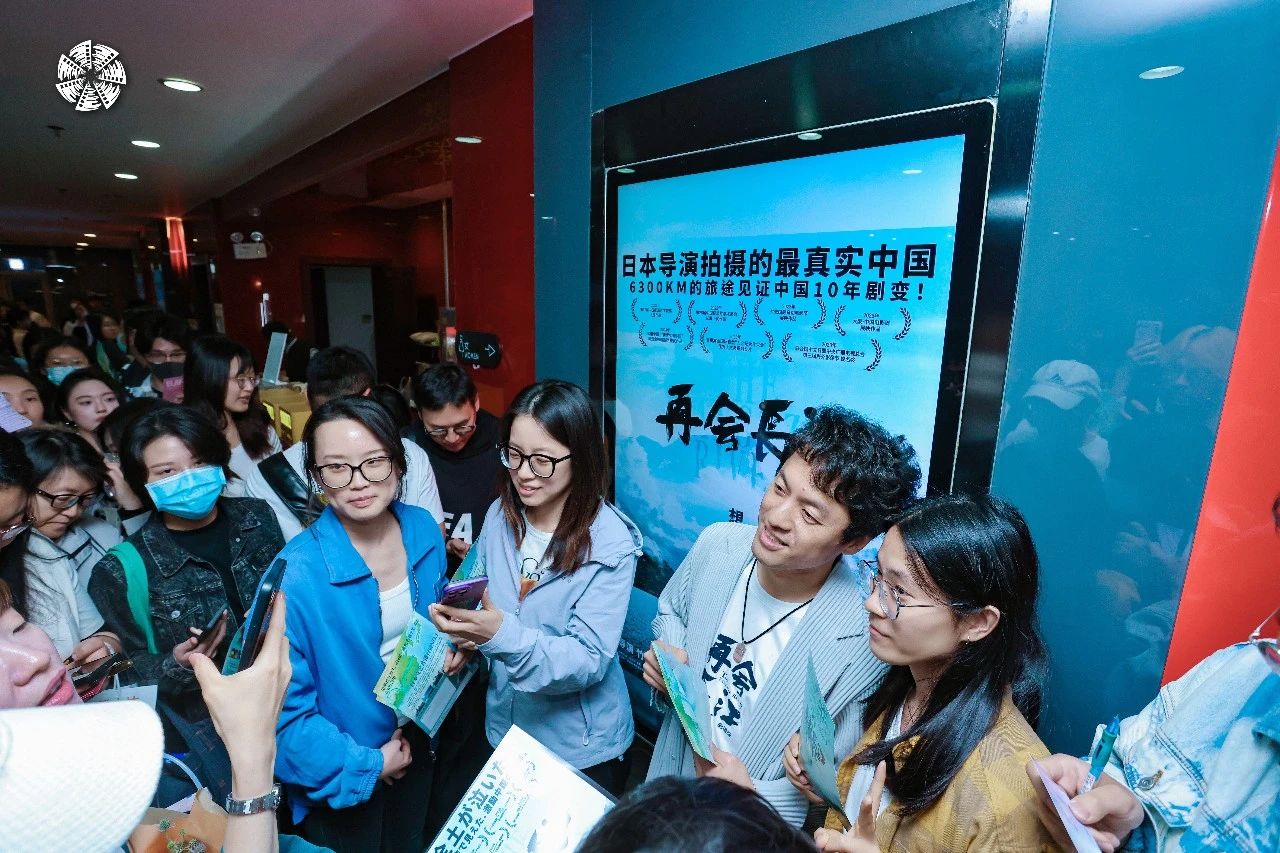
Meet-and-greet
The Yangtze River recently organized a grand advance viewing activity in Shanghai. When asked about the different feelings of his two visits to the Yangtze River, Takeuchi Ryo thought about it for a minute and gave his answer -- enormous changes. Regarding this question, he emotionally explained, “China is like a perpetual motion machine that keeps running at full speed. Huge changes have taken place in a decade, with the environment becoming greener and cleaner, people living in bigger houses, and the life getting richer and happier. Most importantly, people have become more open-minded and inclusive. These changes are so appealing to me, and I like to see dynamic changes in China very much. I hope that more people can get to know China through my documentary film, and visit the country in person to feel the rapid development of modern China.”
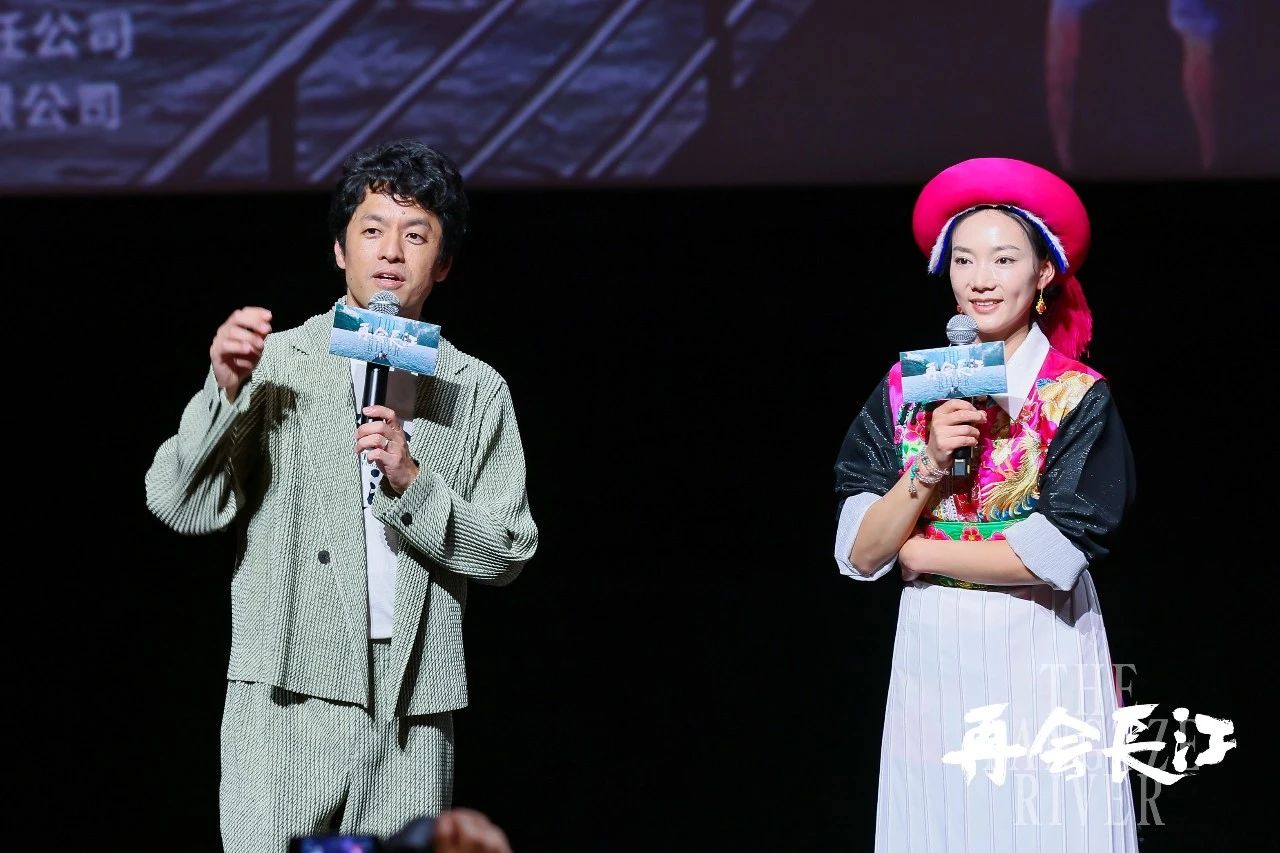
Interaction at screening site
Takeuchi Ryo also mentioned that his shooting style is “no script”, which enables him to record everything in front of him in a more realistic manner, instead of being limited by a preset script. Before shooting, he will make a lot of preparations, including learning about the history and culture of the shooting location, and communicating with local people as much as possible so as to better capture their true stories. During the meet-and-greet of the BJIFF, the director once said that the reason that he revisited the Yangtze River was because he was not satisfied with his shooting a decade ago, when he was simply a tourist. Now, he settles in Nanjing, so he wishes to show its source and people living along the river to the world, and tries his best to restore their true feelings. He mentioned that nothing is 100 percent objective, but he tries to be 100 percent subjectively true when shooting a documentary, sticking to the original intention of shooting and conveying what he wants to express.
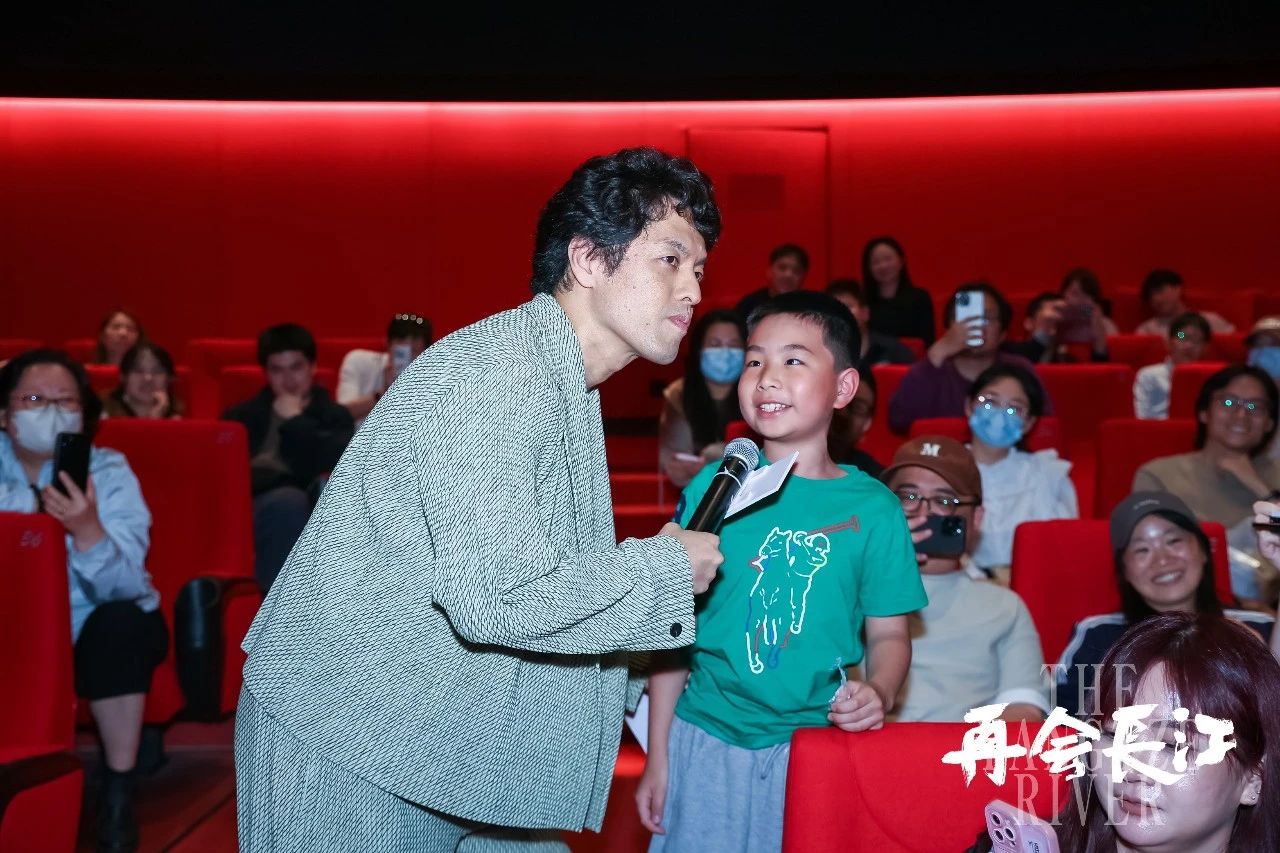
Interaction at screening site
Tsim, the heroine who was present at the advance viewing activity in Shanghai, also shared her feelings. A decade ago, she accidentally broke into the director's camera and thus changed her fate, changing from an ordinary Tibetan girl to an ambitious entrepreneur who runs a homestay. Talking about these experiences, Tsim especially extended her gratitude to director Ryo Takeuchi. She said that she met many outstanding people through this film, and realized how big the world is, and also found the direction of her life. When asked about her life plan over the next decade, Tsim was very optimistic, saying that she will be constantly engaged in homestay business. “In the past decade, my hometown has also undergone tremendous changes, with roads and tourist facilities becoming increasingly sound, so I hope I can contribute to the development of my hometown,” she replied.

Tsim
The Yangtze River is not only an excellent documentary, but also a cultural work of far-reaching significance. It is believed that this documentary film, which combines warmth, tears, joys and affections, will bring an unforgettable viewing experience after it is officially released.
